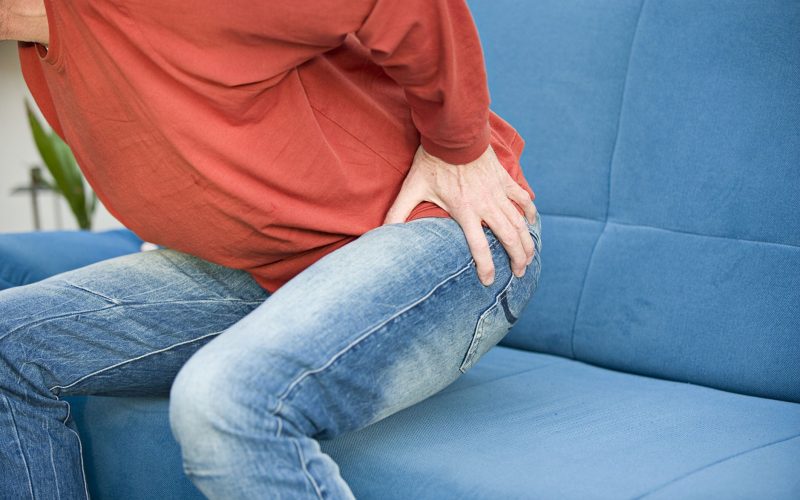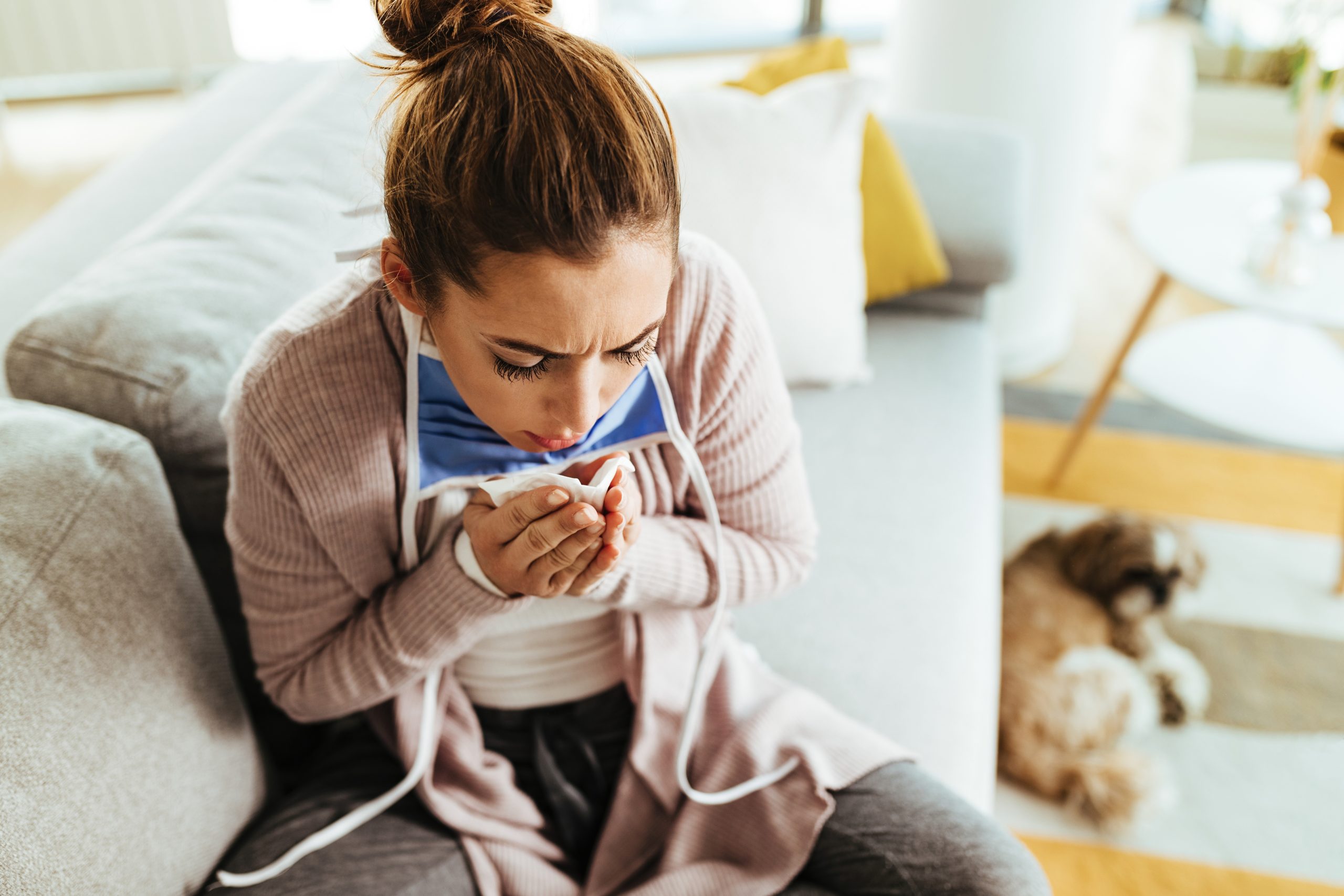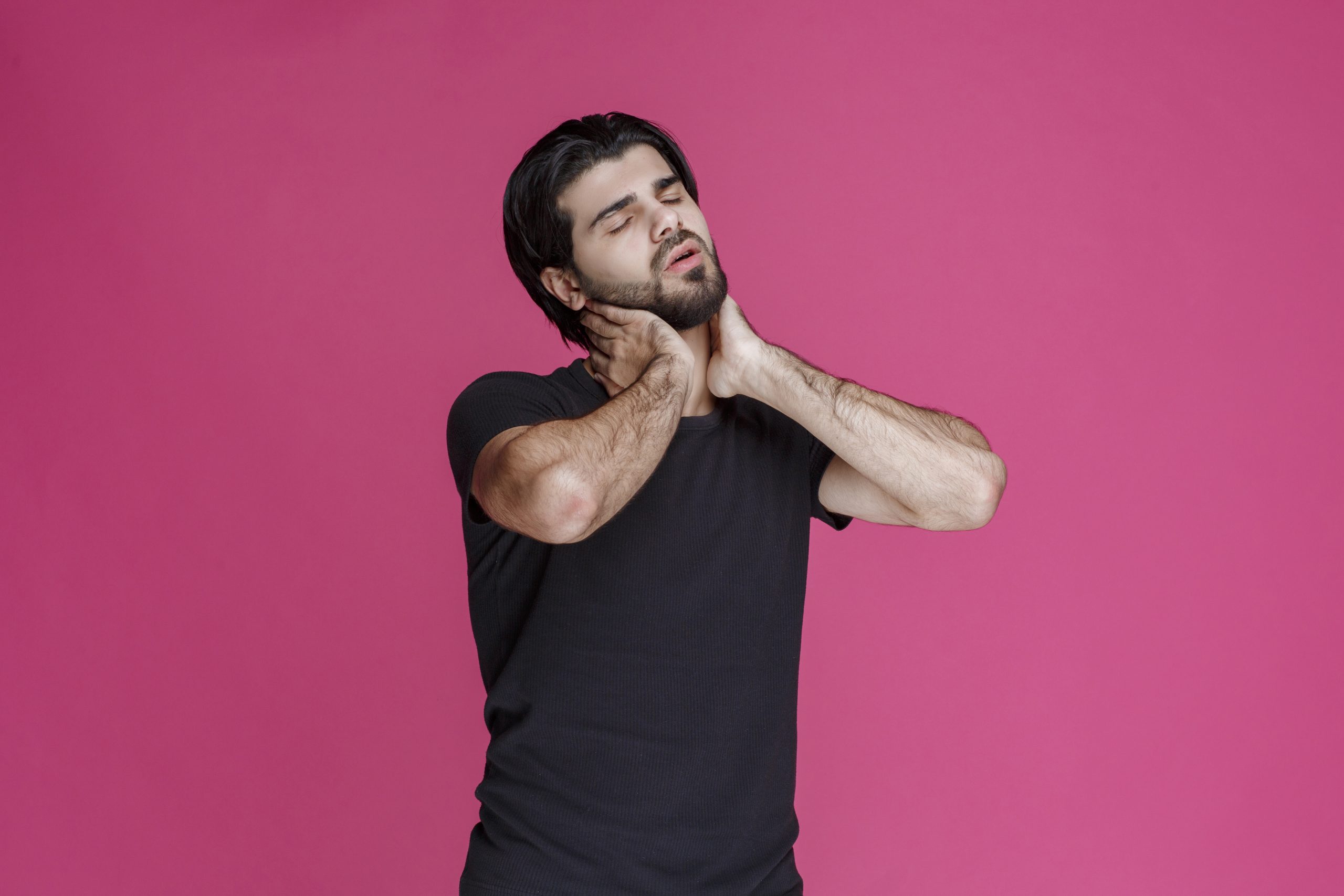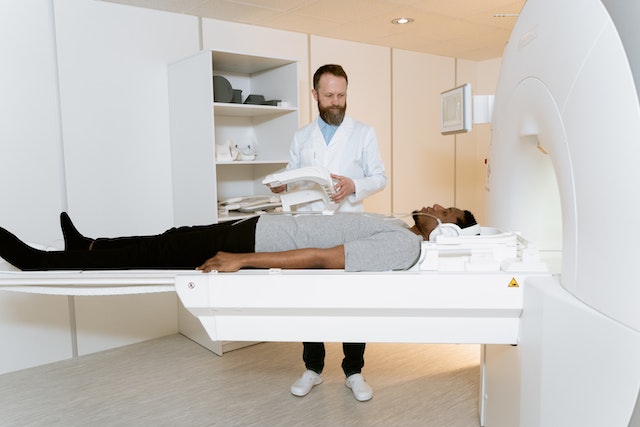Introduction
Hemorrhoids can be a source of discomfort and pain for many individuals. These swollen veins in the rectum and anus can cause itching, burning, and bleeding, making everyday activities challenging. While seeking medical advice is crucial for severe cases, there are several natural remedies you can try at home to ease hemorrhoid pain and discomfort. Explore More About (Diet Impact on Gout)
Understanding Hemorrhoids
Before delving into remedies, it’s essential to understand what hemorrhoids are and why they occur. Hemorrhoids are swollen and inflamed veins in the rectum and anus, often caused by increased pressure in the lower rectum. This pressure can be due to various factors, including straining during bowel movements, sitting for prolonged periods, obesity, or pregnancy.
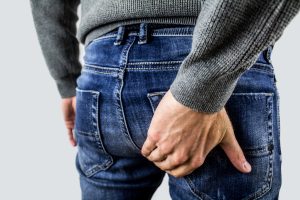
Types of Hemorrhoids
There are two main types of hemorrhoids: internal and external.
Internal Hemorrhoids
Internal hemorrhoids develop inside the rectum and are usually painless. However, they may cause bleeding during bowel movements.
External Hemorrhoids
External hemorrhoids develop under the skin around the anus and can be more painful. They may cause itching, discomfort, and bleeding.
Understanding the type of hemorrhoids you have can help determine the most effective treatment approach.
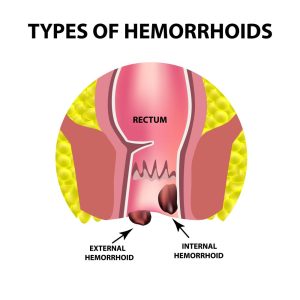
Natural Remedies for Hemorrhoid Pain Relief
1. Increase Fiber Intake
Fiber plays a crucial role in maintaining regular bowel movements and preventing constipation, which can worsen hemorrhoid symptoms. Incorporate fiber-rich foods into your diet, such as fruits, vegetables, whole grains, and legumes. Additionally, consider taking a fiber supplement to ensure an adequate intake.
2. Stay Hydrated
Drinking plenty of water is essential for softening stools and preventing constipation. Aim to drink at least eight glasses of water a day to keep your stools soft and easy to pass, reducing strain on hemorrhoids during bowel movements.
3. Warm Sitz Baths
A warm sitz bath can provide relief from hemorrhoid symptoms by soothing the affected area and reducing inflammation. Fill a bathtub or sitz bath with warm water and soak for 10 to 15 minutes several times a day, especially after bowel movements.
4. Topical Treatments
Several over-the-counter topical treatments, such as witch hazel or aloe vera, can help reduce itching, burning, and inflammation associated with hemorrhoids. Apply these treatments directly to the affected area according to the product instructions.
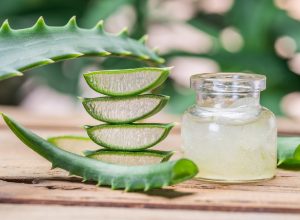
5. Cold Compresses
Applying cold compresses to the affected area can help reduce swelling and numb the area, providing temporary relief from pain and discomfort. Wrap a few ice cubes in a clean cloth and apply to the hemorrhoids for 10 to 15 minutes at a time.
6. Essential Oils
Certain essential oils, such as lavender or tea tree oil, have anti-inflammatory and soothing properties that can help alleviate hemorrhoid symptoms. Mix a few drops of essential oil with a carrier oil, such as coconut oil, and apply to the affected area for relief.
7. Witch Hazel
Witch hazel is a natural astringent that can help shrink swollen blood vessels and reduce inflammation associated with hemorrhoids. Apply witch hazel to the affected area using a cotton ball or pad several times a day for relief.
8. Apple Cider Vinegar
Apple cider vinegar has natural anti-inflammatory properties that can help reduce swelling and discomfort associated with hemorrhoids. Mix equal parts of apple cider vinegar and water, and apply to the affected area using a cotton ball for relief.
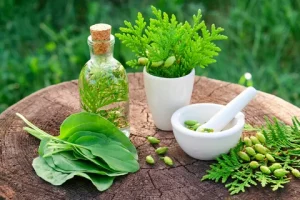
Lifestyle Changes to Prevent Hemorrhoids
In addition to natural remedies, making certain lifestyle changes can help prevent hemorrhoids from recurring or worsening.
1. Avoid Straining
Straining during bowel movements can increase pressure on the veins in the rectum and anus, leading to the development or worsening of hemorrhoids. Avoid straining by not delaying bowel movements and using proper techniques during defecation.
2. Practice Good Hygiene
Keeping the anal area clean and dry is essential for preventing irritation and infection. After bowel movements, gently clean the area with unscented, moistened toilet paper or a gentle cleansing wipe. Avoid harsh soaps or wipes that may irritate the skin.
3. Stay Active
Regular physical activity can help improve digestion and prevent constipation, reducing the risk of hemorrhoids. Aim for at least 30 minutes of moderate exercise most days of the week, such as walking, swimming, or cycling.
4. Maintain a Healthy Weight
Being overweight or obese can increase the pressure on the veins in the rectum and anus, contributing to the development of hemorrhoids. Maintain a healthy weight through a balanced diet and regular exercise to reduce the risk of hemorrhoids.

5. Take Breaks from Sitting
Sitting for prolonged periods can put pressure on the veins in the rectum and anus, exacerbating hemorrhoid symptoms. Take breaks from sitting every hour to stretch and move around, promoting healthy circulation and reducing pressure on the veins.
Natural Remedies for Hemorrhoid Relief
| Remedy | Benefits | Application |
|---|---|---|
| Increase Fiber Intake | Promotes regular bowel movements, prevents constipation | Incorporate fiber-rich foods into diet or take supplements |
| Stay Hydrated | Softens stools, prevents constipation | Drink at least 8 glasses of water daily |
| Warm Sitz Baths | Soothes affected area, reduces inflammation | Soak in warm water for 10-15 minutes several times daily |
| Topical Treatments | Reduces itching, burning, and inflammation | Apply directly to affected area |
| Cold Compresses | Reduces swelling, provides temporary relief | Apply cold compresses for 10-15 minutes at a time |
| Essential Oils | Anti-inflammatory and soothing properties | Mix with carrier oil and apply to affected area |
| Witch Hazel | Shrinks swollen blood vessels, reduces inflammation | Apply with cotton ball or pad several times a day |
| Apple Cider Vinegar | Anti-inflammatory properties, reduces swelling | Mix with water and apply using a cotton ball |
When to Seek Medical Attention
While natural remedies and lifestyle changes can provide relief for mild to moderate hemorrhoid symptoms, it’s essential to seek medical attention if you experience severe or persistent symptoms. A healthcare professional can provide a proper diagnosis and recommend appropriate treatment options, which may include medications, procedures, or surgery for severe cases.
Conclusion
In conclusion, managing hemorrhoid pain naturally involves a combination of dietary modifications, lifestyle changes, and topical treatments. By incorporating these remedies into your daily routine and making healthy choices, you can alleviate discomfort and promote healing. However, if symptoms persist or worsen, don’t hesitate to consult a healthcare professional for further evaluation and treatment options.






